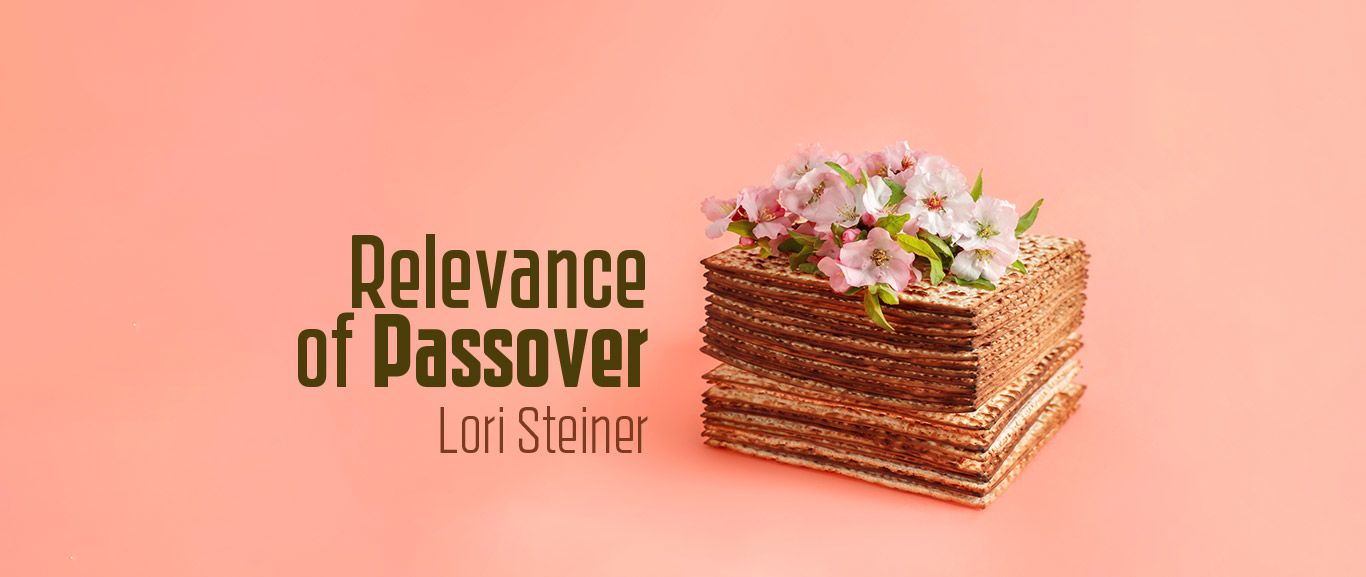
The Relevance of Passover
Why should we think so much since we have phones, cars, TV sets, and homes that do all our thinking for us? We are still very much in bondage. It should be easy to reflect on our current slavery while we drink the four cups of wine...

No holiday could be more relevant than Passover as we await the final Redemption—the final Exodus from the “Egypt” we find ourselves in today. Just as more than 3330 years ago, when Hashem “passed over” those households that had a sign of commitment to Him in the form of the blood of the Pascal lamb on their doorposts, today Hashem is evaluating our emuna – our actions and behaviors that demonstrate we are truly living our faith.
Today we are bombarded with distractions that are literally overtaking our minds and our hearts. While the real purpose of technology is to save us time from the chores of daily living so that we can spend more time contemplating the purpose of life and our connection to Hashem, in reality technological advances are consuming us. Ironically, we rely on smart phones, smart homes, smart televisions, and smart cars while we ourselves are becoming less smart and far less creative.
Why should we think too much if we have phones, cars, TV sets, and homes that do all that for us? We are still very much in bondage. Therefore, it should be easy to reflect on our current slavery to our egos while we drink the four cups of wine.
We recite the Kiddush over the first cup of wine to spiritually relive G-d’s promise to take us out from the suffering of “Egypt”. We can imagine G-d with us today as we tackle the challenges in our lives. We drink the second cup of wine as we read the story of the Exodus, focusing on Hashem’s salvation as He promised then to save us from bondage and slave labor. This becomes a perfect opportunity to evaluate if we are spending too much time “at the office” and not enough time with our families and with Hashem.
The third cup of wine represents the actual Exodus—the departure from Egypt—and is consumed after the Grace After Meals (The Birkat HaMazon). It is to remind us of Hashem’s promise to redeem us. The Exodus occurred when many of us became disillusioned because the Redemption was taking so long. We lost our emuna after each additional plague until we actually thought G-d had forsaken us. Therefore, we were not prepared to leave Egypt, and we did not have time for the bread to rise. This is not unlike  our current situation. When G-d said, “I shall redeem you with a mighty hand,” it behooved us, then, as it behooves us now, to believe and trust in His promise. Our job is to strengthen our emuna and be prepared.
our current situation. When G-d said, “I shall redeem you with a mighty hand,” it behooved us, then, as it behooves us now, to believe and trust in His promise. Our job is to strengthen our emuna and be prepared.
No extra liquid of any kind should be consumed between the third and the fourth cups of wine. Why is this? The fourth cup of wine comes after the Hallel (songs and praises to Hashem) and corresponds to Hashem’s promise to give the Torah to the Jewish people (‘”I shall make you My nation”). Because there is a spiritual connection between the Exodus to freedom and the giving of the Torah at Mount Sinai, we are not allowed to separate the two by drinking anything between the third and fourth cups. The message is very clear: Without the Torah, we cannot be free. We will remain slaves to other gods whether they are our animal souls, our bosses, our addictions, our smart phones, or anything that keeps us from serving Hashem as He intended. Without Divine mandates, without guidelines, without a purpose for living a meaningful life as our Creator intended, it is impossible to be truly free. The only way families stay connected is by learning and applying the truths of the Torah. The Torah is the glue that keeps us connected to each other. Otherwise, we become feathers in the wind and find ourselves beholden to the latest gadgets and idols of our own creation.
So as we drink the four cups of wine and reflect upon the four sons, the wise, the wicked, the simple, and the one who did not know to inquire, let us all make a commitment to empowerment, to learning Torah, to avoiding the spirit of folly that encroaches upon our minds when we are not contemplating G-d’s wisdom, and to transformation.
There is also a verse that states, “And I will bring you to the land which I promised to Abraham, Isaac, and Jacob, and I will give it to you as an inheritance,” We are awaiting G-d’s promise to gather in the exiles from the four corners of the globe and bring us all to Israel, our homeland. To remind us, we set a fifth cup of wine, the cup of Elijah, during the second half of the Seder, as we express our faith that Elijah the Prophet will announce the arrival of Mashiach who will bring us to Israel. May we strive to make Passover relevant to our children and strengthen our emuna that Hashem is with us and will bring the final Redemption. Our job is to prepare ourselves, our children, and our grandchildren to be ready to receive it.



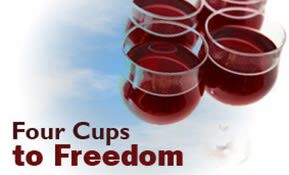

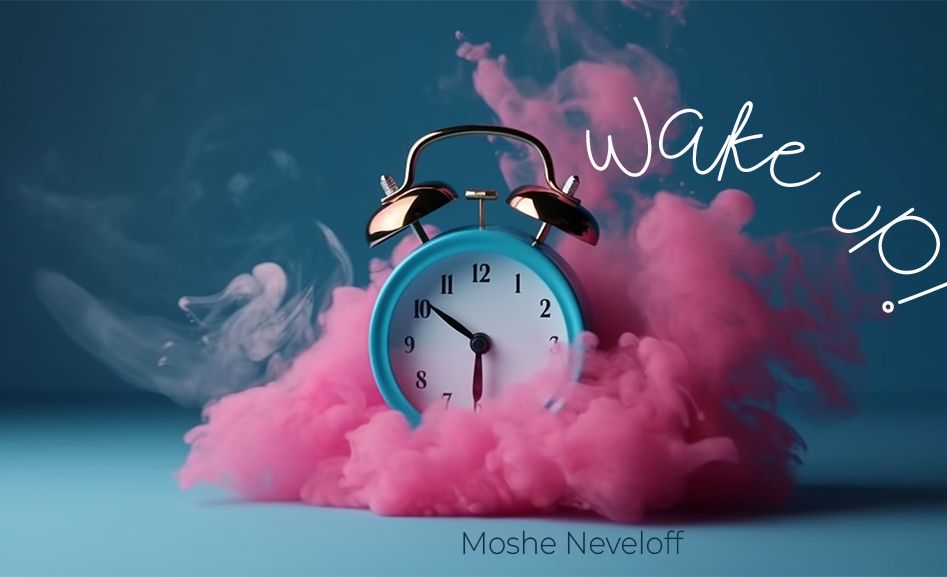
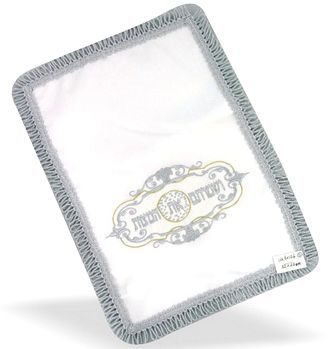
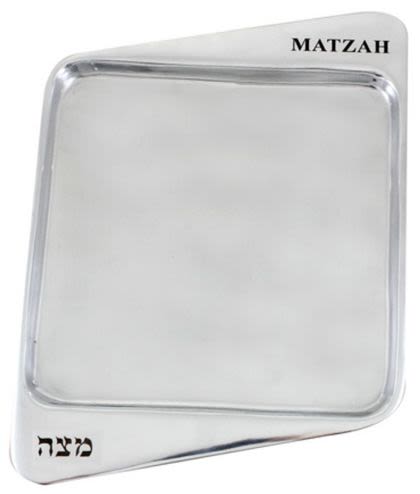
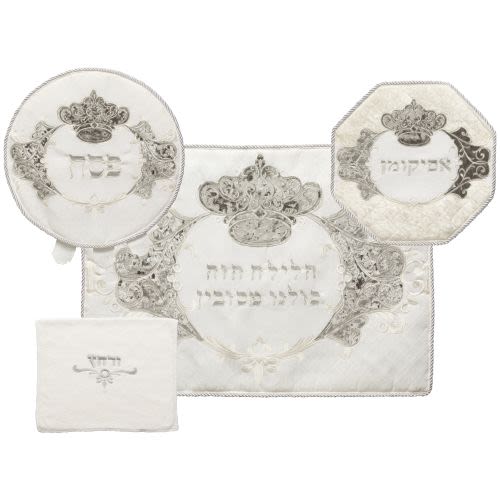

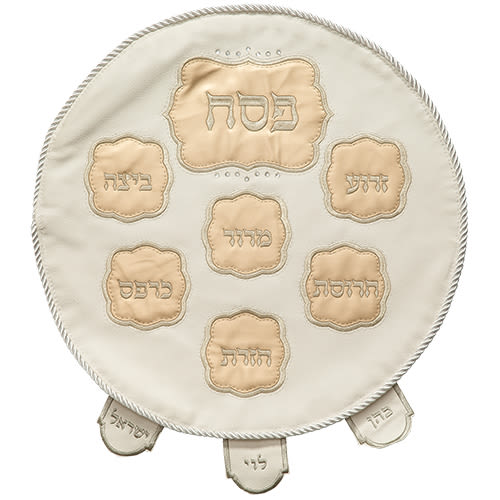
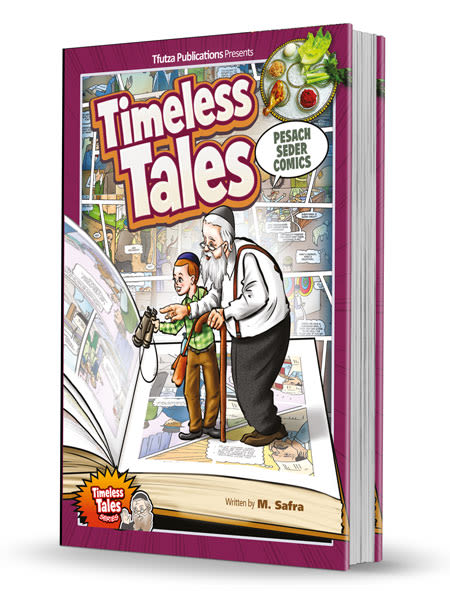
Tell us what you think!
Thank you for your comment!
It will be published after approval by the Editor.